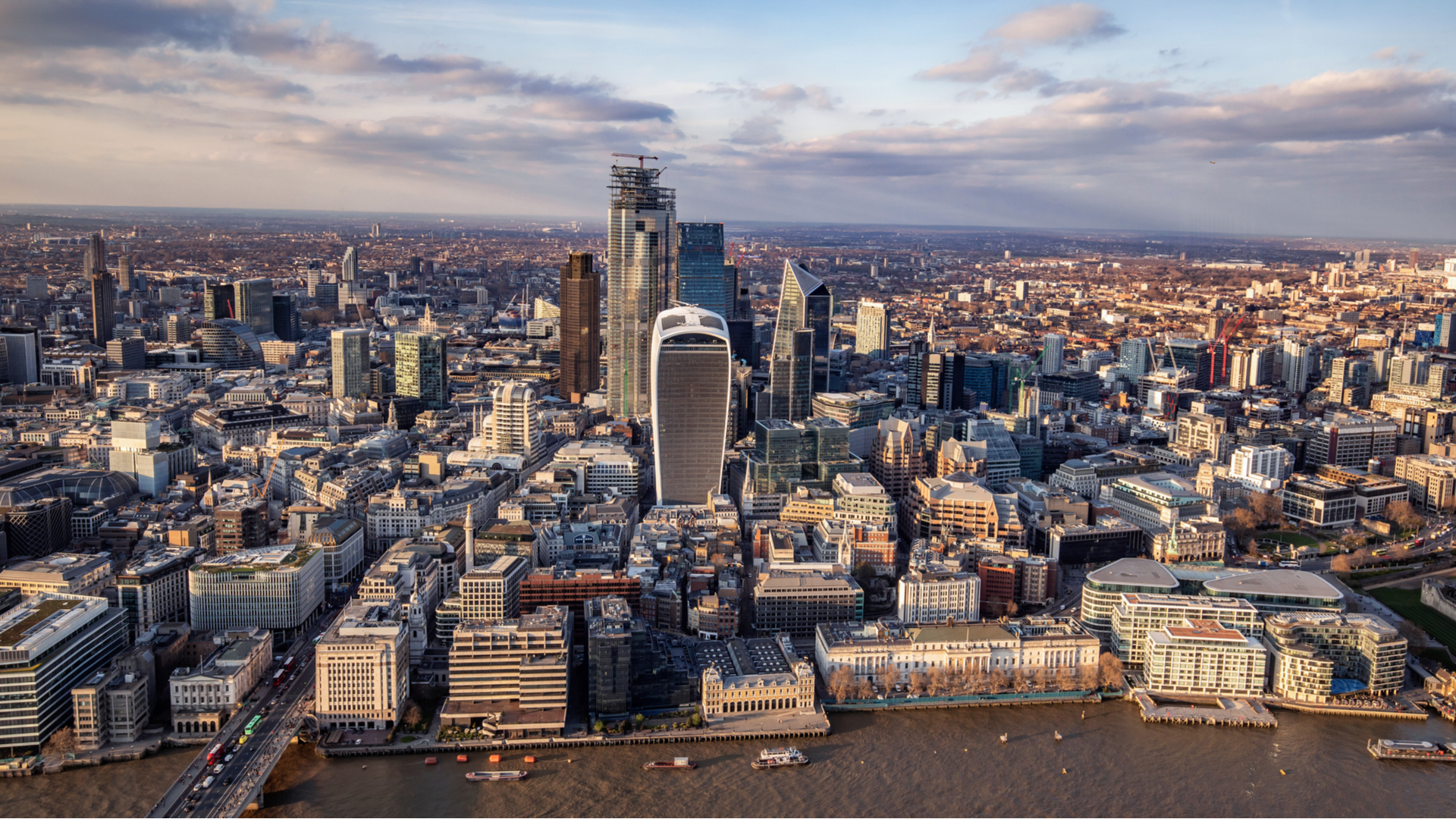Community Fibre injects £400m into London full-fibre expansion
The firm plans to extend its network to a million premises by 2023, doubling its previous target of 500,000


Challenger telecoms company Community Fibre will invest £400 million over the next three years to expand its high-speed broadband network across London to cover up to one million homes and businesses.
Using funds provided by private equity sources, the company will deliver 10Gbits/sec speeds to businesses and 1Gbits/sec connections to households by 2023, with all networks managed exclusively by Community Fibre.
This is a massive investment over the company’s previous funding commitments, with Community Fibre in 2018, for example, raising £25 million for high-speed internet rollout to 100,000 homes and offices.
The company had originally aimed to rollout full-fibre broadband to 500,000 premises by 2022, having hit their first milestone target of 100,000 by January this year. The majority of connections the company has established are to large community housing blocks as well as business properties.
The almost half-a-billion-pound investment is backed by investment companies Warbus Pincus LLC and DTCP, which have acquired a controlling stake in Community Fibre. This has come alongside Olaf Swantee, a former CEO of EE, joining the company as its executive chairman.
“This is an exciting deal for Community Fibre. Having Warburg Pincus and DTCP on board is a tremendous endorsement for our business,” said Community Fibre CEO Grame Oxby.
“In a post COVID-19 world, digital connectivity will be more crucial than ever. With further new investment, we can work faster than ever to deliver 100% full-fibre broadband to social housing residents and to local communities and their businesses across London.”
Get the ITPro daily newsletter
Sign up today and you will receive a free copy of our Future Focus 2025 report - the leading guidance on AI, cybersecurity and other IT challenges as per 700+ senior executives
The state of full fibre rollout in the UK has been notoriously slow when compared against progress made by other countries. For example, Portugal, Sweden, and Spain have 70%, 72%, and 77% coverage respectively, while South Korea boasts 95% full-fibre access. The UK, by comparison, only has approximately 15% full-fibre coverage, according to Think Broadband.
According to researchers, rolling out fibre broadband across the country could boost the economy by £51.4 billion over the next five years, and offer a £68.8 billion boost by 2030.
The coronavirus pandemic, meanwhile, has highlighted the urgent need to establish strong internet connections across the country, and not just in cities, with millions of workers across the country forced to work from home.

Keumars Afifi-Sabet is a writer and editor that specialises in public sector, cyber security, and cloud computing. He first joined ITPro as a staff writer in April 2018 and eventually became its Features Editor. Although a regular contributor to other tech sites in the past, these days you will find Keumars on LiveScience, where he runs its Technology section.
-
 Cleo attack victim list grows as Hertz confirms customer data stolen
Cleo attack victim list grows as Hertz confirms customer data stolenNews Hertz has confirmed it suffered a data breach as a result of the Cleo zero-day vulnerability in late 2024, with the car rental giant warning that customer data was stolen.
By Ross Kelly
-
 Lateral moves in tech: Why leaders should support employee mobility
Lateral moves in tech: Why leaders should support employee mobilityIn-depth Encouraging staff to switch roles can have long-term benefits for skills in the tech sector
By Keri Allan